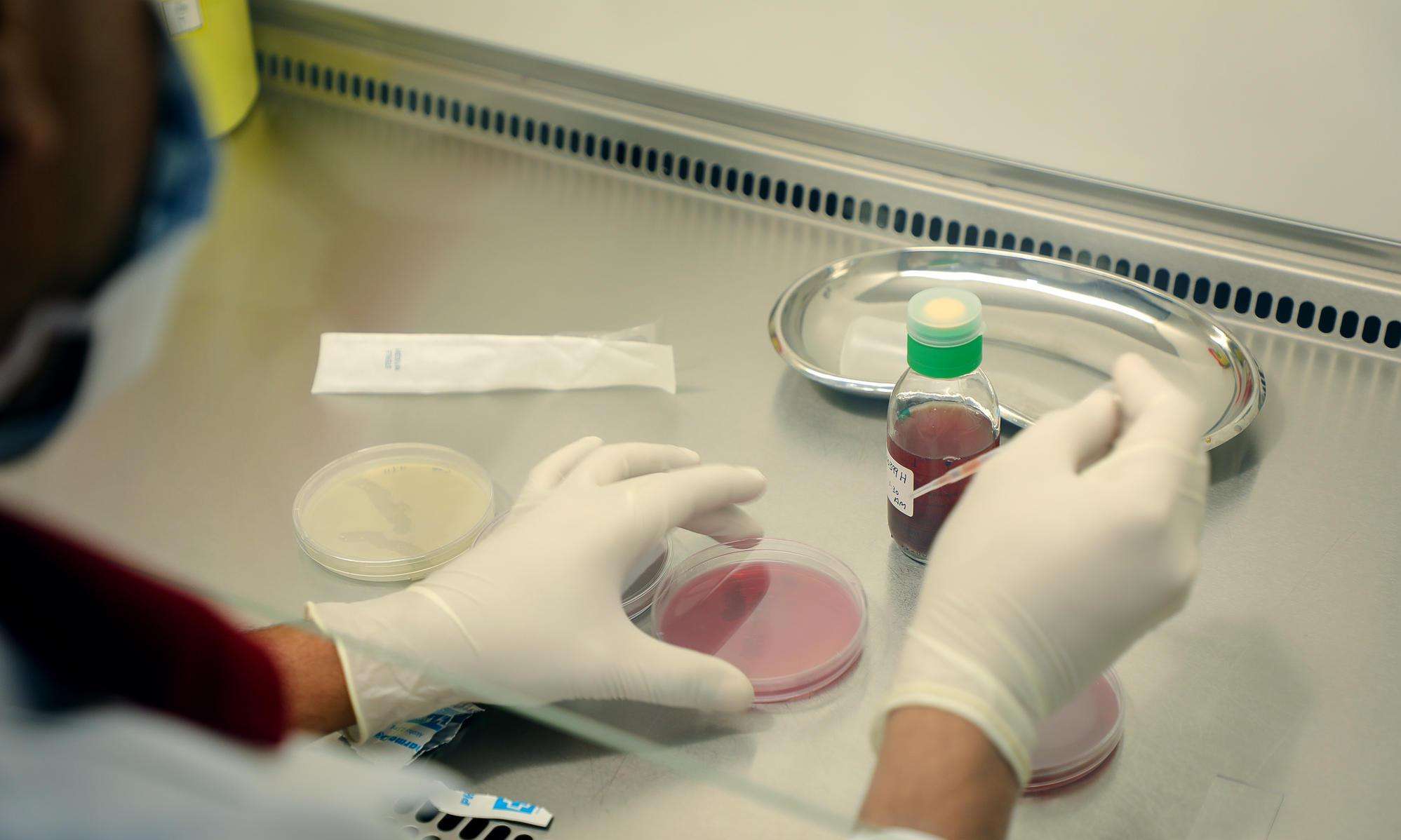Doctors Without Borders/Médecins Sans Frontières (MSF) delivered the following statement at the United Nations today. The statement and accompanying position paper lays out recommendations to help address this global health threat in advance of the UN High-Level Meeting (UNHLM) on antimicrobial resistance (AMR) this fall.
Thank you, Mr. President.
I represent MSF, a medical humanitarian organization and a leading actor in the treatment of AMR globally, currently with 47 AMR projects in 18 countries worldwide.
Over the last decade, we have treated many thousands of patients with drug-resistant bacterial infections, and have noted with alarm the increasing rates of resistance.
We witness firsthand inequities in health care, resulting in gaps in prevention, diagnosis, and treatment that are putting patient lives—and quite frankly—modern medicine, at risk.
We can attest that basic, targeted interventions to strengthen health care facilities against AMR in low-resource settings work, and yet, the necessary international financing and mobilization to implement these measures are still lacking.

How inequitable access to quality health care drives antimicrobial resistance
Read moreWe offer four recommendations today:
First, focus on prevention. Alongside vaccination and water, sanitation, and hygiene (WASH) in order to reduce transmission and the overall burden of infectious disease, we ask [UN member] states to strengthen capacity for infection prevention and control by investing in infrastructure and health care worker training.
Second, focus on diagnostic capacity. We know from experience the importance of microbiology labs for effective diagnosis and treatment of AMR patients, as well as for public health surveillance. We ask [UN member] states to invest in laboratory infrastructure, training, and innovations for use in low-resource settings.
Third, focus on access to appropriate treatment. Health care workers need support in antimicrobial stewardship and existing drugs and diagnostics must be universally accessible and affordable. Developing new drugs is also crucial, but we ask [UN member] states to ensure that research and development is balanced with other investments that strengthen health care provision; targets the most urgent global public health needs; prioritizes non-profit initiatives; and comes with upfront conditions that ensure new products will be affordable and accessible to all.
And finally, focus on community engagement. Initiatives to counter AMR must actively engage civil society and place those most affected by drug resistance at the heart of their structure and governance. This will ensure that the most pressing needs are prioritized and that the global response to AMR tackles the health care inequities fueling this crisis.
Thank you, Mr. President.
.png?itok=0SMdjaiK)
MSF recommendations for UNHLM on antimicrobial resistance
Prevention, diagnostic capacity, access to appropriate treatment, and community engagement must be prioritized to effectively tackle the spread of resistance.




